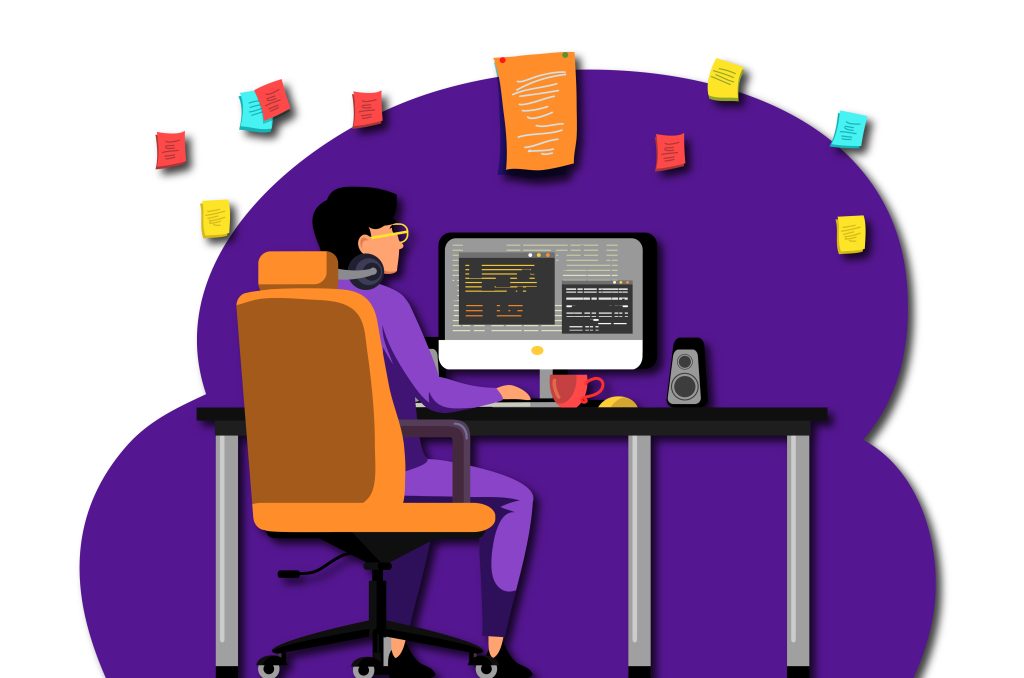Introduction:
What is coding and its unleashing power?
Programming, often hailed as the modern-day superpower, has transformed the world in unprecedented ways. From the software running on our devices to complex algorithms governing our daily lives, programming lies at the heart of the digital age. This article aims to demystify the world of programming, exploring its significance, fundamental concepts, and the endless possibilities it offers.
The Power of Code:
In essence, programming is the process of instructing computers to perform specific tasks. By writing lines of code in programming languages like Python, Java, or C++, programmers can craft intricate software, build websites, develop mobile applications, and create intelligent systems. The power of programming lies in its ability to automate tasks, solve complex problems, and unleash creativity to build innovative solutions.
Building Blocks of Programming:
To embark on the programming journey, understanding a few foundational concepts is crucial:
- Syntax:
Programming languages have their own set of rules and syntax, akin to grammar and vocabulary in spoken languages. Syntax defines how code is written and structured.
2. Variables and Data Types:
Variables store and manipulate data. Data types such as integers, floating-point numbers, strings, and Booleans define the nature of the data being processed.
Control Structures: Control structures, including conditionals (if-else statements) and loops (for and while loops), enable programmers to control the flow of execution based on certain conditions.
3. Functions:
Functions are reusable blocks of code that perform specific tasks. They enhance code organization, improve readability, and promote modularity.
4. Problem-Solving and Algorithmic Thinking:
At the core of programming lies problem-solving and algorithmic thinking. To tackle complex challenges, programmers break them down into smaller, manageable tasks and devise step-by-step instructions, known as algorithms. This systematic approach helps create efficient and optimized solutions.
5. Debugging and Troubleshooting:
Programming is an iterative process, and bugs or errors are inevitable companions. Skilled programmers embrace the art of debugging, using tools and techniques to identify and fix issues. Patience, analytical thinking, and attention to detail are essential qualities for effective troubleshooting.
6. Continuous Learning and Adaptation:
Technology and programming languages evolve rapidly. As a programmer, embracing a mindset of continuous learning is crucial. Staying up to date with new frameworks, libraries, and best practices ensures the ability to adapt and thrive in a dynamic programming landscape.
7. Collaboration and Open Source Culture: The programming community thrives on collaboration and knowledge sharing. Open-source platforms like Git Hub provide developers worldwide the opportunity to contribute to projects, learn from peers, and collectively solve problems. Engaging with the programming community fosters growth, expands horizons, and builds a robust professional network.
Conclusion:
Programming is a gateway to innovation and a catalyst for progress. It empowers individuals to shape the digital future, create groundbreaking applications, and solve complex real-world challenges. With dedication, persistence, and a thirst for knowledge, anyone can embark on the programming journey and unlock the vast potential that lies within lines of code. So, embrace the art and science of programming, and let your imagination soar as you craft digital solutions that transform the world around you.so, Whether you’re a student pursuing a computer science degree or a professional looking to enhance your technical skills, seeking academic assistance can accelerate your learning journey. Different Companies offer a comprehensive range of educational resources, assignment help, and personalized guidance that can supplement your programming education.

